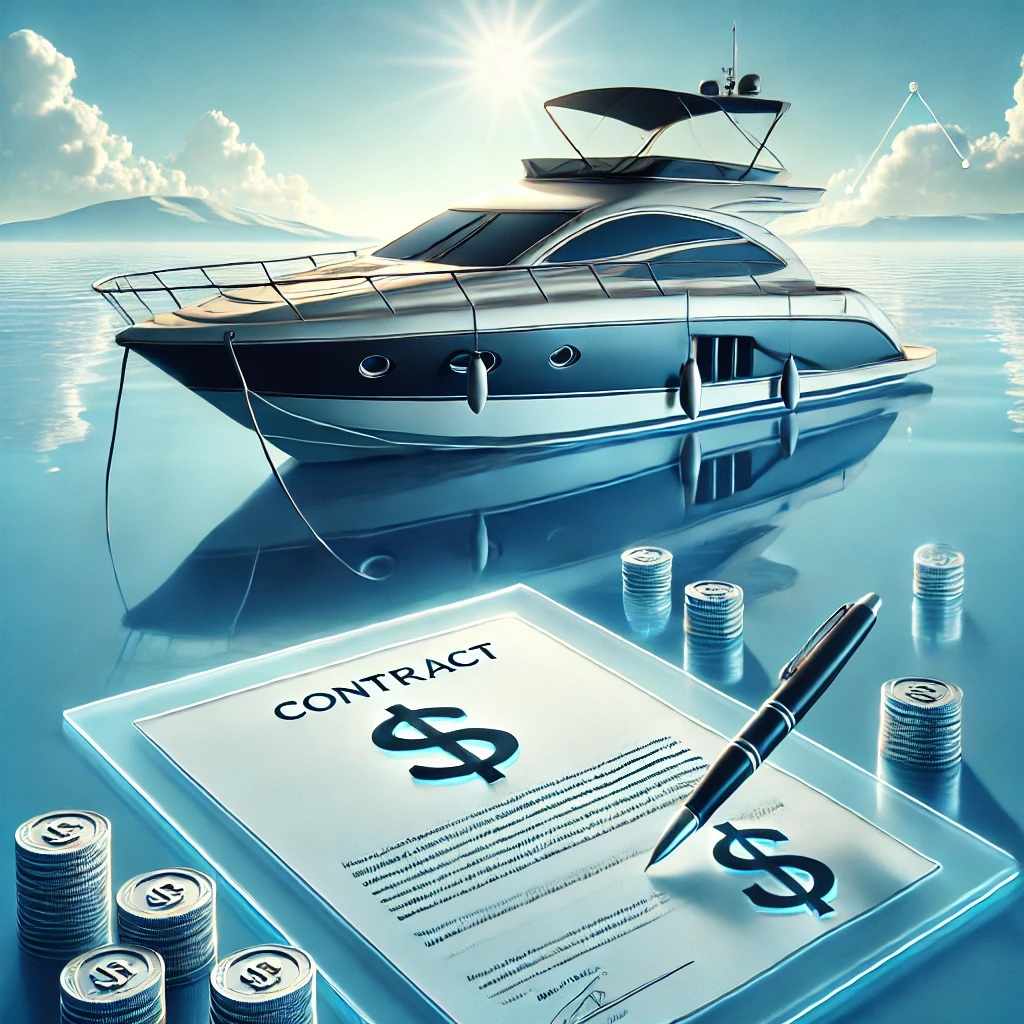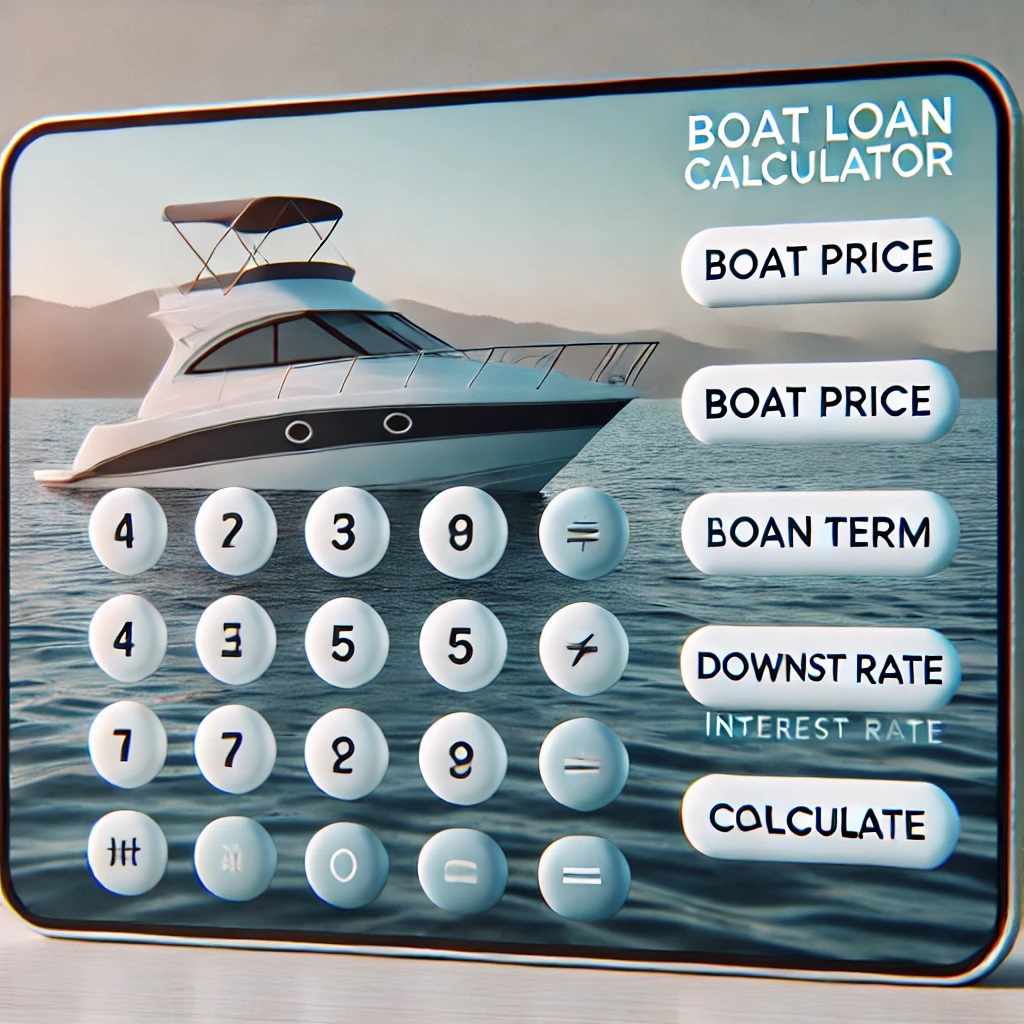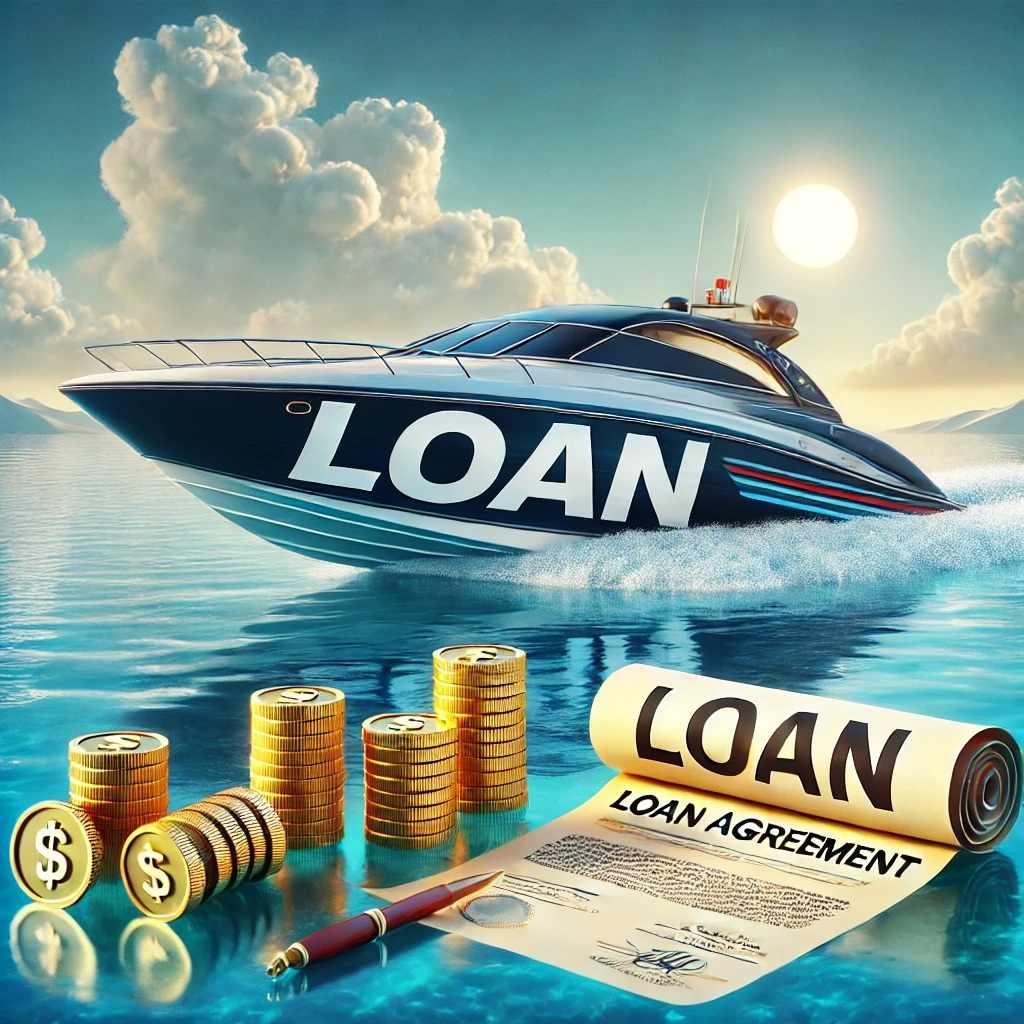
Introduction
Buying a boat is an exciting adventure, but it’s also a significant financial commitment. Whether you’re looking for a fishing boat, a luxury yacht, or a simple sailboat, understanding how to finance your purchase can save you a lot of headaches (and money). In this guide, we’ll walk you through the dos and don’ts of finance a boat, so you can make a smart investment and avoid common pitfalls.
Understanding Boat Financing
Boat financing works similarly to car or home financing. You borrow money to purchase the boat and then repay it over a set period with interest. Boat loans can be secured or unsecured, with the former using the boat as collateral.
✅ Dos of Boat Financing
Do Check Your Credit Score First
Lenders will examine your credit score to determine your eligibility and interest rates.
A higher score can mean better terms and lower interest rates.
Do Shop Around for the Best Rates
Compare interest rates from various lenders, including banks, credit unions, and specialized marine lenders.
Use online calculators to compare monthly payments and total loan costs.
Do Understand the Total Cost of Ownership
Consider expenses beyond the boat’s price, such as insurance, maintenance, storage, and registration fees.
Budget for these costs to avoid surprises.
Do Consider a Pre-Approval
Getting pre-approved for a loan helps you understand your budget and shows sellers you are a serious buyer.
It can also simplify the purchasing process when you find the right boat.
Do Read the Fine Print
Carefully review all terms and conditions before signing any loan agreement.
Look out for hidden fees, prepayment penalties, or variable interest rates.
❌ Don’ts of Boat Financing
Don’t Settle for the First Offer
Avoid accepting the first loan offer you receive.
Take time to compare multiple offers to find the best deal.
Don’t Ignore Your Budget
Don’t stretch your finances too thin by taking on more than you can comfortably afford.
Stick to a budget that includes monthly payments and other costs.
Don’t Overlook Insurance
Financing often requires comprehensive insurance coverage.
Ensure you have the appropriate policy to protect your investment.
Don’t Neglect Your Down Payment
Putting more money down upfront can reduce your monthly payments and interest rates.
Aim for a down payment of at least 10-20% of the boat’s value.
Don’t Skip Researching Lenders
Not all lenders are the same; some specialize in boat loans with more favorable terms.
Research and choose a lender with reasonable interest rates and good customer service.
Types of Boat Loans
TypeDescriptionProsConsSecured LoansUses the boat as collateral.Lower interest rates.Risk of losing the boat if defaulted.Unsecured LoansBased on creditworthiness alone.No collateral required.Higher interest rates.Dealer FinancingOffered directly by the boat dealership.Convenient process.Can be more expensive than traditional loans.
Tips for Getting the Best Boat Financing Deal
Negotiate the terms with the lender, especially if you have a strong credit score.
Consider refinancing later if rates drop significantly.
Research tax benefits, as some loans may qualify as a second home mortgage, offering potential deductions.
Conclusion
Financing a boat purchase doesn’t have to be complicated if you follow the dos and avoid the don’ts. Take time to shop around, understand the loan terms, and prepare a realistic budget. By doing your homework, you can ensure your boat purchase is a joyful and financially sound investment.
FAQs About Boat Financing 🚤💸
What credit score is needed to finance a boat?
Most lenders prefer a score of 700 or higher for the best rates, but financing is still possible with lower scores.How much should I put down on a boat?
A down payment of 10-20% is common, but the more you put down, the better the terms you may receive.Can I refinance my boat loan?
Yes, refinancing can be a smart move if interest rates drop or your financial situation improves.Are there tax benefits to boat loans?
Yes, some boat loans qualify as a second home mortgage, which may offer potential tax deductions.Is it better to get a secured or unsecured loan for a boat?
Secured loans usually have lower interest rates, but unsecured loans offer more flexibility and less risk if you default.







![🚤 Boat License Alberta: Cost, Fees, and Processing Time [2025 Guide]](https://sk0.blr1.cdn.digitaloceanspaces.com/sites/442687/posts/995564/boatloancalculator7.jpg)







Write a comment ...